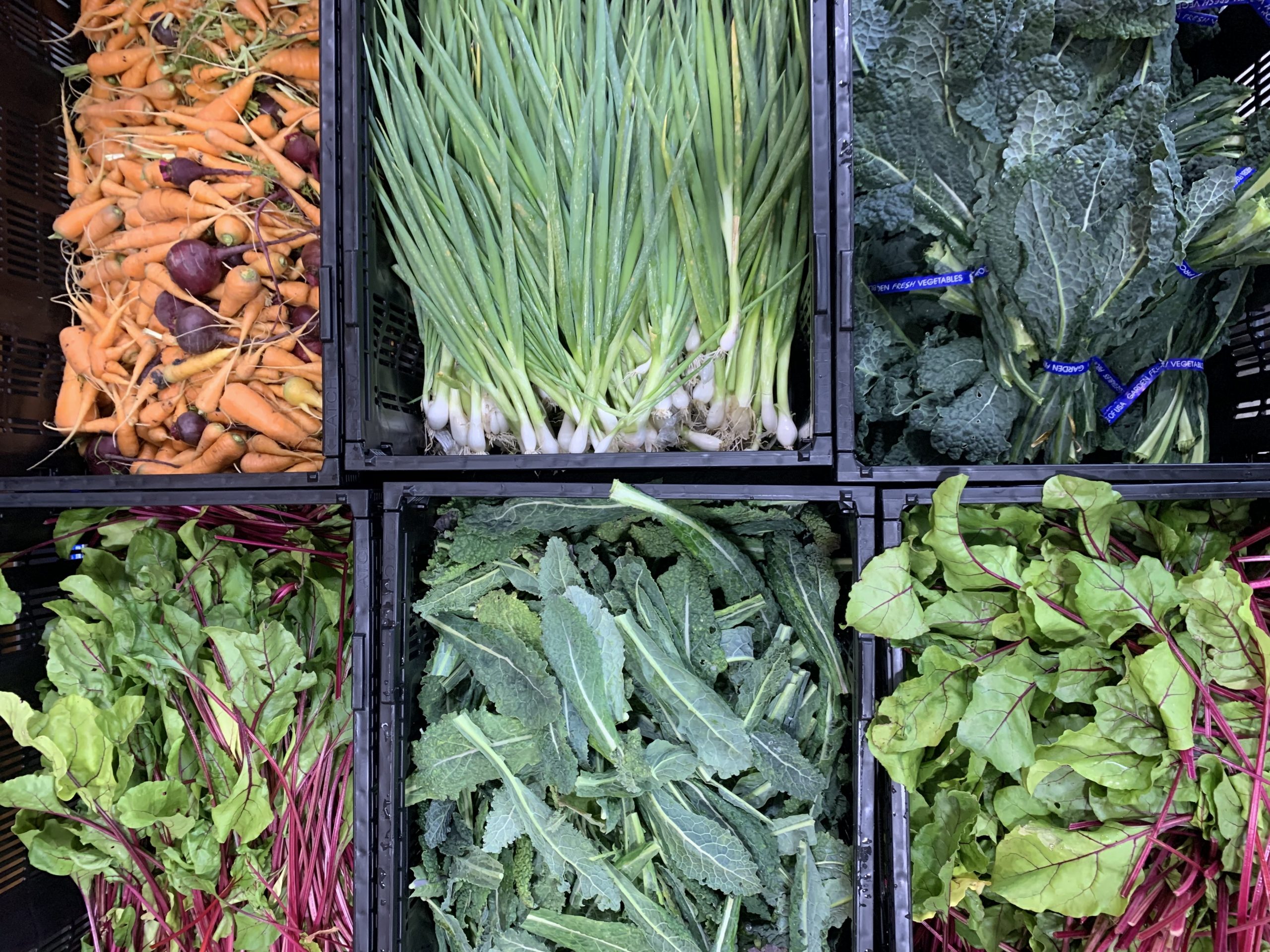The largest increase in SNAP’s history comes just before temporary boosts expire
Last month, the United States Department of Agriculture (USDA) released an updated version of the Thrifty Food Plan. This rubric combines food prices, nutritional guidance, and common dietary preferences to calculate SNAP benefits. The latest revision to the Thrifty Food Plan will lead to an increase of $36.24 per person, per month, to average SNAP allotments, which is roughly a 25% increase (link). The Berkeley Food Network (BFN) applauds the updates to the plan, last updated in 2006, because it better reflects today’s reality: food prices have gone up, as has demand for healthier and more nutritious products.
However, the victory of a revamped Thrifty Food Plan is muted by impending expiration of pandemic-era boosts to SNAP allotments (link). With federal supports from the American Rescue Plan and Pandemic-EBT subsiding in September, the long-term increases to SNAP will essentially be canceled out for many recipients. (In fact, there is a strong argument for extending pandemic relief in general because the fundamental inequities in our safety net have not been resolved link). With food insecurity still above pre-pandemic levels, the updated Thrifty Food Plan should be seen as a conversation starter for systemic solutions to the massive problem of hunger.
BFN seeks to participate in that conversation on multiple fronts. On the heels of last month’s announcement, I was able to join a meeting with the Alameda County Community Food Bank and Representative Eric Swalwell (CA-15). BFN also had the pleasure of hosting Representative Jim McGovern (MA-02), Representative Mark DeSaulnier (CA-11), and State Senator Nancy Skinner (SD-09) at our warehouse for a listening session, organized by the California Association of Food Banks, with other local, state, and federal food assistance stakeholders. The firsthand perspectives shared regarding food access in K-12 schools and higher education, disaster resilience, affordable housing, and other related issues helped to coalesce momentum for holistic, federal initiatives on ending hunger–which Rep. McGovern is pushing through a White House hunger conference (link).
An essential aim of advocacy is to push bigger, bolder measures that improve the human condition. BFN’s mission to end hunger in the East Bay extends to our central advocacy pillar: equity, agency, and choice throughout the food system. As we expand and refine our advocacy efforts, we look forward to leaning into the push, locally and nationwide, to guarantee access to healthy foods for all.
~Taiyo Scanlon-Kimura
Research and Advocacy Manager
